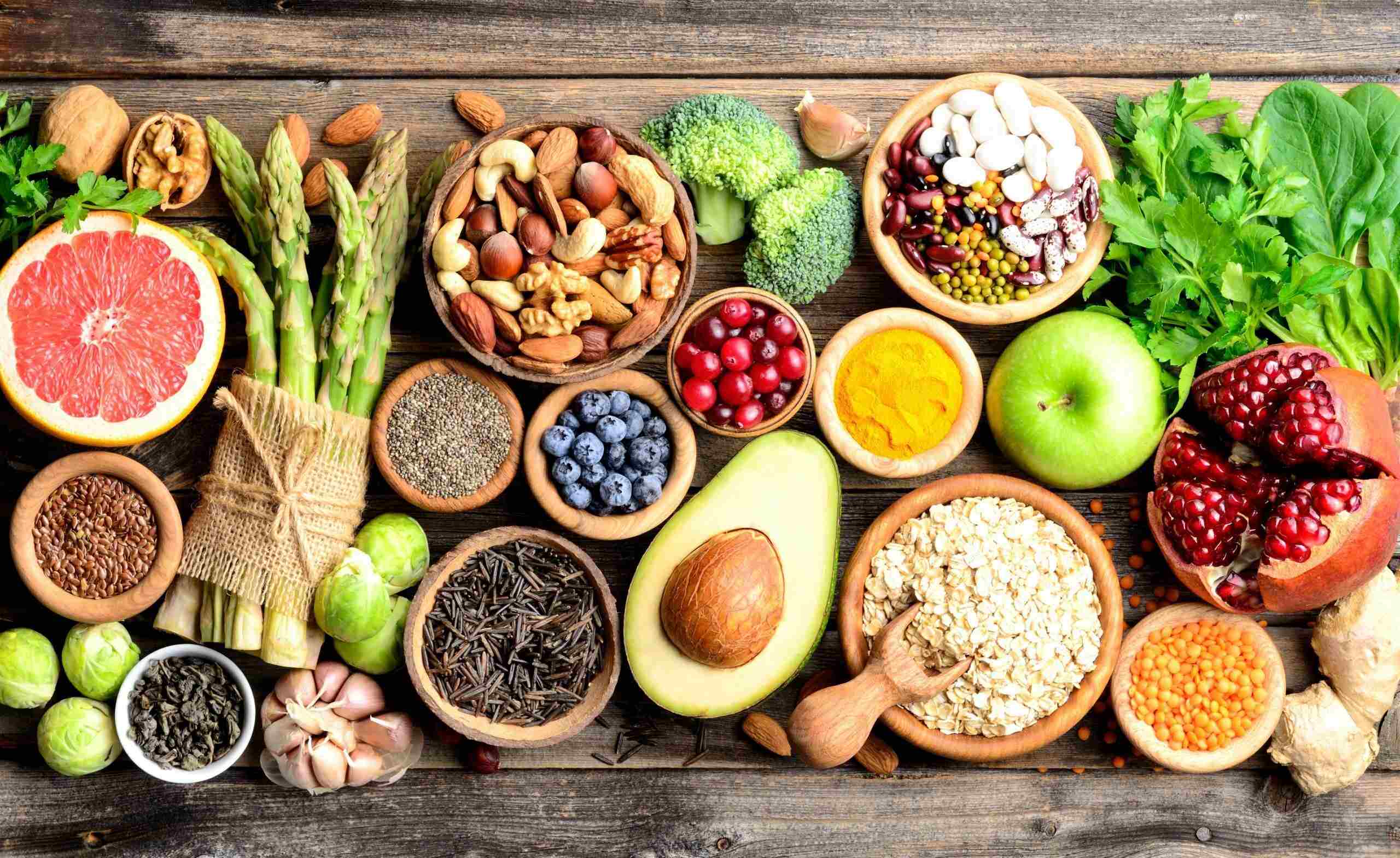
What is a complete protein? A complete protein contains all nine essential amino acids our bodies can't produce on their own. These amino acids are crucial for building muscle, repairing tissue, and supporting overall health. Foods like meat, fish, eggs, dairy, quinoa, and soy are prime examples. But why does this matter? Consuming complete proteins ensures your body gets the necessary building blocks for optimal function. Whether you're an athlete, a vegetarian, or just someone looking to improve their diet, understanding complete proteins can make a big difference. Ready to learn more? Let's dive into 21 fascinating facts about complete proteins!
What is a Complete Protein?
A complete protein contains all nine essential amino acids our bodies can't produce on their own. These amino acids are crucial for building muscle, repairing tissue, and supporting overall health. Let's dive into some fascinating facts about complete proteins.
-
Essential Amino Acids: There are nine essential amino acids: histidine, isoleucine, leucine, lysine, methionine, phenylalanine, threonine, tryptophan, and valine. Complete proteins contain all of these.
-
Animal Sources: Most animal-based foods like meat, fish, poultry, eggs, and dairy are complete proteins. They provide a balanced profile of essential amino acids.
-
Plant Sources: Some plant-based foods are also complete proteins. Quinoa, buckwheat, hemp seeds, and soy products like tofu and tempeh are excellent examples.
-
Combining Foods: You can create a complete protein by combining different plant foods. For instance, rice and beans together provide all essential amino acids.
-
Protein Quality: The quality of a protein source is measured by its amino acid profile and digestibility. Complete proteins score high in both areas.
Health Benefits of Complete Proteins
Consuming complete proteins offers numerous health benefits. They support muscle growth, enhance recovery, and contribute to overall well-being.
-
Muscle Growth: Complete proteins are vital for muscle growth and repair. They provide the necessary building blocks for muscle tissue.
-
Weight Management: High-protein diets can help with weight management by promoting satiety and reducing overall calorie intake.
-
Bone Health: Adequate protein intake supports bone health by maintaining bone density and reducing the risk of fractures.
-
Immune Function: Proteins play a crucial role in the immune system. They help produce antibodies and other immune molecules.
-
Hormone Production: Proteins are involved in the production of hormones, which regulate various bodily functions.
Sources of Complete Proteins
Knowing where to find complete proteins can help you make better dietary choices. Here are some common sources.
-
Eggs: Eggs are one of the best sources of complete protein. They are versatile and can be prepared in many ways.
-
Chicken: Chicken breast is a lean source of complete protein, making it a favorite among fitness enthusiasts.
-
Fish: Fish like salmon, tuna, and mackerel are rich in complete proteins and also provide healthy fats.
-
Dairy Products: Milk, cheese, and yogurt are excellent sources of complete proteins and calcium.
-
Soy Products: Tofu, tempeh, and edamame are plant-based sources of complete protein, suitable for vegetarians and vegans.
Myths and Misconceptions
There are several myths surrounding complete proteins. Let's clear up some common misconceptions.
-
Myth: Only Animal Proteins Are Complete: While many animal proteins are complete, some plant-based foods also provide all essential amino acids.
-
Myth: You Need Complete Proteins in Every Meal: It's not necessary to consume complete proteins in every meal. As long as you get all essential amino acids throughout the day, you're good.
-
Myth: More Protein Equals More Muscle: Consuming excessive protein won't necessarily lead to more muscle. Balance and proper exercise are key.
How Much Protein Do You Need?
Understanding your protein needs can help you plan a balanced diet. Here's what you need to know.
-
Daily Requirements: The recommended daily allowance (RDA) for protein is 46 grams for women and 56 grams for men. However, this can vary based on activity level and health goals.
-
Athletes and Active Individuals: Those who are highly active or looking to build muscle may need more protein, ranging from 1.2 to 2.2 grams per kilogram of body weight.
-
Older Adults: Protein needs may increase with age to help maintain muscle mass and strength.
Final Thoughts on Complete Protein
Understanding complete proteins is crucial for a balanced diet. These proteins contain all nine essential amino acids, making them vital for muscle repair, immune function, and overall health. Foods like quinoa, eggs, soy, and chicken are excellent sources. For vegetarians and vegans, combining foods like rice and beans or hummus and pita can also provide complete proteins. Remember, variety is key. Mixing different protein sources ensures you get all the nutrients needed. Whether you're an athlete, a busy professional, or someone just looking to improve their diet, focusing on complete proteins can make a significant difference. So next time you plan your meals, think about incorporating these powerhouse foods. Your body will thank you!
Was this page helpful?
Our commitment to delivering trustworthy and engaging content is at the heart of what we do. Each fact on our site is contributed by real users like you, bringing a wealth of diverse insights and information. To ensure the highest standards of accuracy and reliability, our dedicated editors meticulously review each submission. This process guarantees that the facts we share are not only fascinating but also credible. Trust in our commitment to quality and authenticity as you explore and learn with us.


